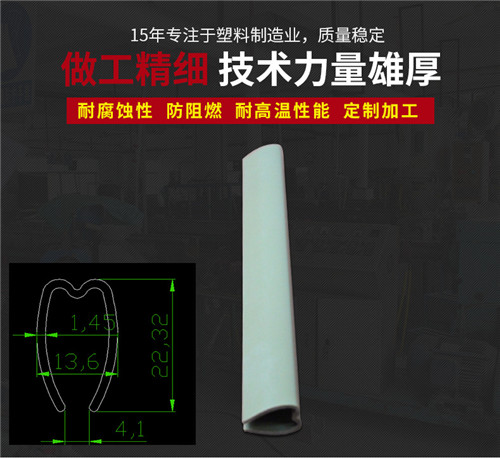
Phone Number :
07 15, 2023

PVC hoses are essential components in hydraulic systems, providing a flexible and durable solution for fluid transfer. However, just like any other equipment, these hoses require proper care and maintenance to prevent damage, ensure efficiency, and promote safety. By following a few simple precautions and maintenance tips, you can prolong the lifespan of your PVC hoses and optimize the performance of your hydraulic system.
When selecting PVC hoses, it is crucial to choose the right type and size for your specific hydraulic system requirements. Ensure that the hose is designed for hydraulic applications and can withstand the pressure and temperature range involved. Additionally, verify compatibility between the hose and the fittings it will be connected to, as using incompatible fittings can lead to leaks, damage, or even system failure.
Regular inspection of PVC hoses is essential to detect any signs of wear, damage, or degradation. Check for cracks, leaks, bulges, or any visible abnormalities along the entire length of the hose. Inspect the fittings for proper alignment and tightness as well. Address any issues found immediately, as failure to do so could result in extensive damage or accidents. It is recommended to establish a regular inspection schedule to catch potential problems early.
Proper storage and handling of PVC hoses are crucial to prevent unnecessary damage. Store hoses in a clean, dry area away from direct sunlight, extreme temperatures, and chemicals that may cause degradation. Avoid sharp objects or heavy items from coming into contact with the hoses, as they can cause cuts or punctures. When handling the hoses, do so with care and avoid bending them beyond their recommended bend radius.
In addition to these precautions, there are a few maintenance tips to keep PVC hoses in optimal condition:
Regularly clean the hoses with a mild detergent and water to remove any dirt or debris.
Ensure that the hoses are not twisted or kinked during installation or use, as this can compromise their integrity.
Use protective covers or sleeves to shield hoses from abrasion, UV exposure, or other potential sources of damage.
Replace hoses that show signs of aging, such as excessive cracking, stiffness, or loss of flexibility.
Refer to the manufacturer's guidelines and recommended maintenance practices for your specific PVC hoses.
In conclusion, by taking proper precautions, regularly inspecting, and maintaining PVC hoses in hydraulic systems, you ensure the longevity, efficiency, and safety of your equipment. With proper care, PVC hoses can provide reliable fluid transfer and contribute to the overall performance of your hydraulic system.